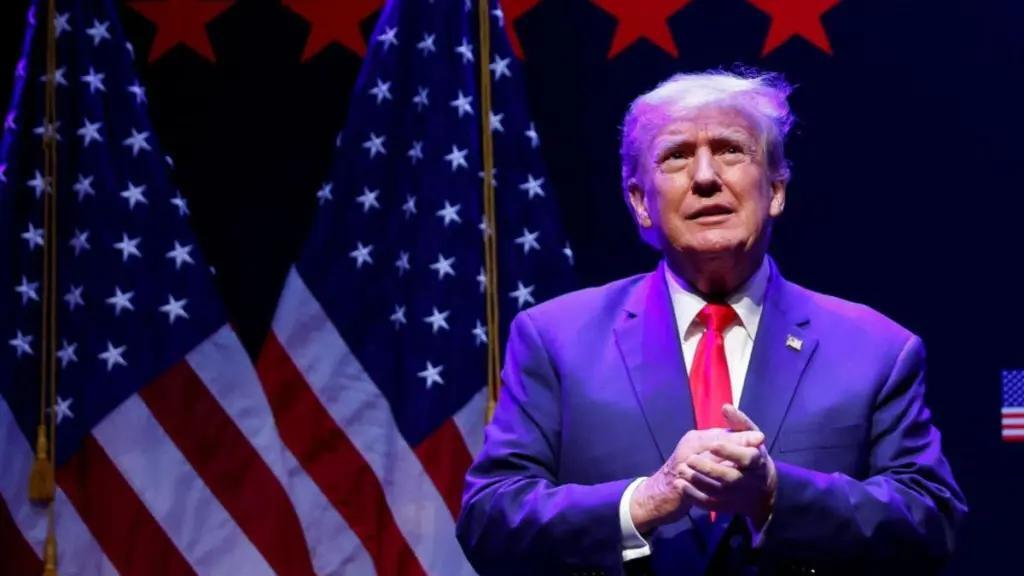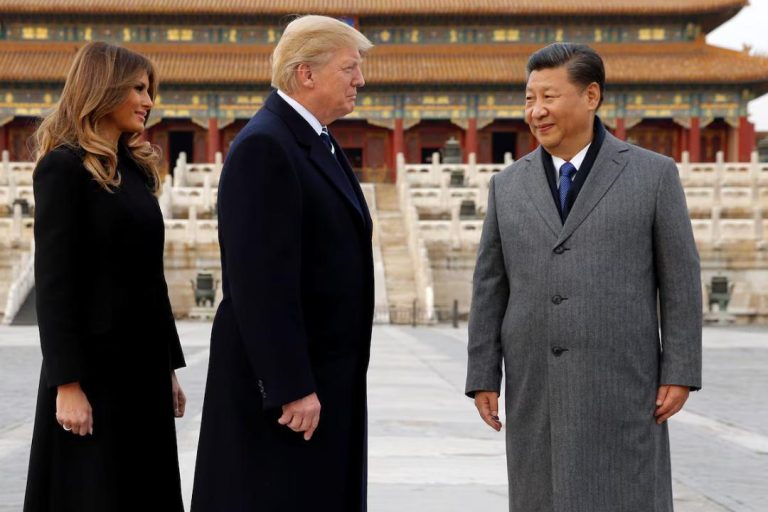
Donald Trump Exempts Smartphones & Computers from Reciprocal Tariffs
In a move that has sent shockwaves through the tech industry, United States President Donald Trump has excluded smartphones, computers, and other electronic items from the reciprocal tariffs imposed on Chinese goods. According to a Customs and Border Patrol notice, these items, including those manufactured in China, will be exempt from the 125% tariffs imposed by Trump.
This decision comes amid concerns expressed by tech giants, including Apple, that the tariffs could lead to increased prices for gadgets and other electronic items. Many of these products are manufactured in China, and the tariffs could significantly impact the cost of production and ultimately the price paid by consumers.
The reciprocal tariffs were imposed by Trump as part of a broader trade war with China, aimed at addressing what the US administration perceives as unfair trade practices and intellectual property theft by China. The tariffs have been imposed on a range of Chinese goods, including textiles, furniture, and electronics.
However, the exemption of smartphones, computers, and other electronic items from the tariffs is seen as a significant concession to the tech industry. The decision is likely to be welcomed by tech giants such as Apple, Samsung, and HP, which rely heavily on Chinese manufacturing facilities to produce their products.
Apple, in particular, has been vocal about the potential impact of the tariffs on its business. In a letter to the US Trade Representative, the company warned that the tariffs could lead to increased costs and potentially even the relocation of its manufacturing facilities outside of China.
The exemption of electronic items from the tariffs is also seen as a significant victory for the tech industry, which has been lobbying the US administration to exempt these products from the tariffs. The industry has argued that the tariffs would not only increase the cost of production but also impact the competitiveness of US tech companies in the global market.
The decision to exempt electronic items from the tariffs is likely to be seen as a strategic move by the Trump administration to avoid a confrontation with the tech industry. The administration has been under pressure to address the concerns of the tech industry, which has been a key supporter of Trump’s trade policies.
The exemption of electronic items from the tariffs is also seen as a significant concession to China, which has been seeking to reduce the impact of the tariffs on its economy. China has been seeking to negotiate a trade deal with the US, and the exemption of electronic items from the tariffs could be seen as a step in that direction.
In a statement, the US Customs and Border Protection agency said that the exemption of electronic items from the tariffs was based on the agency’s determination that these products were not produced in China using significant quantities of steel, aluminum, or other materials that were subject to the tariffs.
The agency said that the exemption would apply to a range of electronic items, including laptops, smartphones, tablets, and gaming consoles, as well as related components such as processors, memory chips, and displays.
The exemption of electronic items from the tariffs is likely to have significant implications for the tech industry, particularly for companies that rely heavily on Chinese manufacturing facilities. The decision is likely to be welcomed by tech companies that have been grappling with the potential impact of the tariffs on their business.
However, the exemption is not without its critics. Some trade experts have argued that the decision to exempt electronic items from the tariffs could undermine the administration’s trade policy goals. They argue that the exemption could create an uneven playing field for US companies that do not have access to the same manufacturing facilities as their Chinese competitors.
In conclusion, the decision by President Trump to exempt smartphones, computers, and other electronic items from the reciprocal tariffs is a significant development in the ongoing trade war between the US and China. The exemption is likely to be welcomed by the tech industry, which has been grappling with the potential impact of the tariffs on its business. However, the decision is not without its critics, and its implications for the trade war and the global economy remain to be seen.






